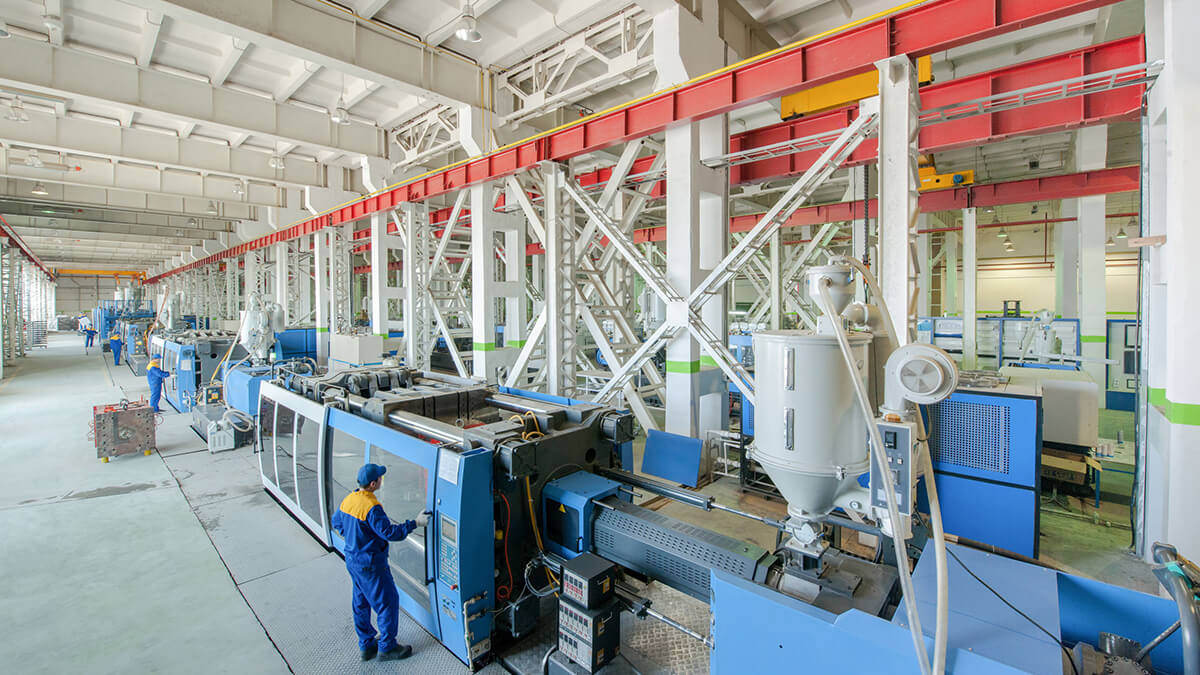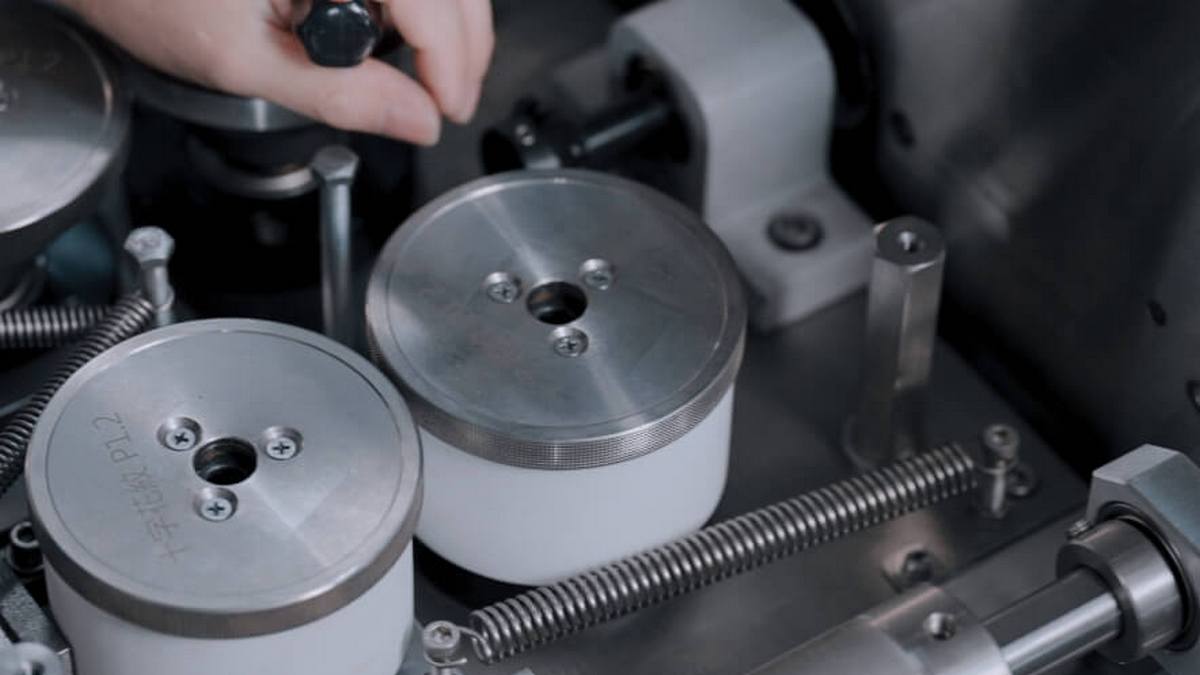Innovative application of block chain gradually enters the mass market, cross-chain integration technology to achieve industrial commercial value.
Automated industry
Industry 4.0 is the latest trend marked by the rise of extensive industrial automation, high-bandwidth mobile networks, and the development of the Internet of Things (IoT). The block chain will have various potential applications in Industry 4.0. According to Thomas Net, the latest statistics show that by the end of 2017, nearly 60% of consumer goods and manufacturing companies have deployed block chain solutions.
The expected benefits of blockchain
Although the basic technology behind the block chain remains unchanged, it has different functions when used in an industrial environment. The block chain can be used to monitor the processes and activities in the daily workflow, and is expected to bring the following benefits:
- Strengthen accountability and quality control: Block chain records can attach a unique label to each transaction that occurs, and can add a new level of responsibility and quality assurance to a single centralized digital record.
- Improve contract management and procurement: The block chain introduces the concept of modern smart contracts. Smart contracts can immediately arrange the necessary logistics, such as payment and transportation, to simplify operations on behalf of all relevant personnel.
- New scalable options: In the past, many manufacturers operated under the bank's complexion, and the launch of new projects and acquisition of partners were all controlled by the bank. The block chain can return these powers directly from the bank to the manufacturer. In view of the rapid development speed of the block chain and the early acceptance of the general computer users, it may soon become the backbone of the entire enterprise.
- The introduction of new security into the supply chain: Although the current application is very strict and very limited, but the block chain is very flexible. Professionals with a high degree of creativity and technical proficiency are already developing new applications for this technology, including applications in supply chain management. Companies such as IBM, SAP and Oracle have established block chain platforms to support future applications.
However, the block chain platform still has some data security and confidentiality issues that must be resolved before the block chain can fully realize the potential of Industry 4.0. According to the specific needs of manufacturers, there are a large number of creative uses of block chain technology in the Industry 4.0 environment. But before the conversion is complete, some fine-tuning is required.
- Protect billions of devices: According to the latest data, there will be about 24 billion devices connected by 2020, including billions of IoT systems. This requires not only improved network security, but also increased efficiency in processing data, monitoring online activities and verifying records.
Some possible uses of block chain within Industry 4.0 include identifying and confirming IoT devices remotely through the block chain; attaching tamper-proof dates and times to records to prevent editing or manipulation; switching to a private block chain to facilitate business Share classified or sensitive information with executives.














